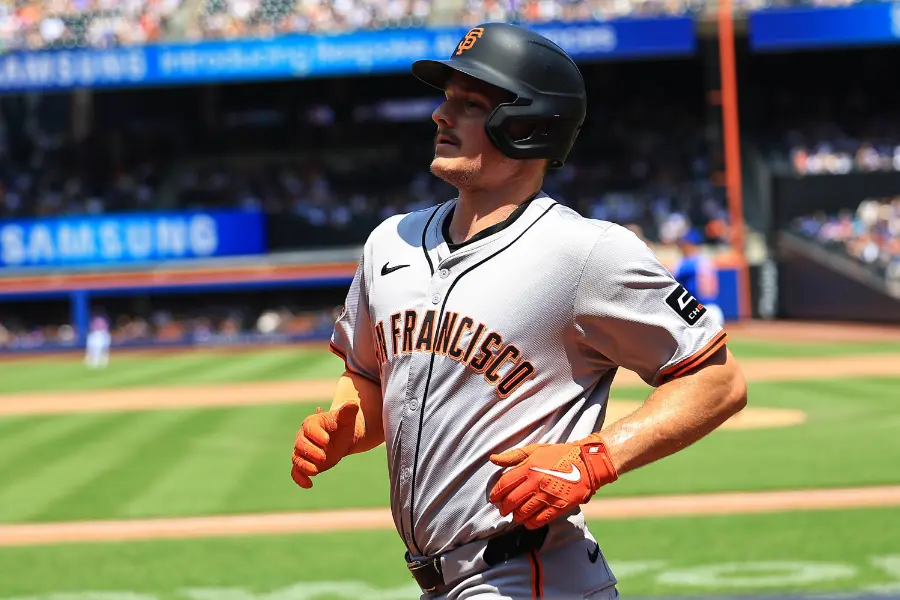With the increasing legalization of sports gambling, fans’ interactions with athletes have shifted from simple criticism to menacing threats and harassment over lost bets. This troubling trend underscores the darker side of sports betting, despite California sports betting still not being legal, and its impact on the lives of those who play the game.
Sports Betting Has Escalated Criticisms From Competitive to Invasive
Tyler Rogers, a pitcher for the Giants, shared how he had to adjust his personal security measures due to aggressive fans.
“I had to make my Venmo private because I’d blow a game or something, and people would find me on Venmo, and they’d send me requests. ‘Hey, you cost me $1,500. You better pay me back.’ It definitely gets people a lot more upset than it used to,”
Rogers revealed. This alarming shift from general fan disappointment to financial harassment marks a significant change in the nature of fan interactions.
Matt Chapman, another Giants player, echoed Rogers’ sentiments. He noted that fan behavior has deteriorated since the advent of widespread sports betting. “Fans used to just say normal things like, ‘You’re a bum.’ Now, that they have all that money on us, fans will talk a lot of [expletive] to us. I’ll even have fans Venmo requesting me for money. I had to change my Venmo,” Chapman recounted. The direct financial implications of fans’ bets have led to a more personal and aggressive form of harassment, impacting players’ lives off the field.
The experience of Giants pitcher Logan Webb further highlights the severity of the issue. Webb, who has been with the Giants since 2019, observed a noticeable increase in the vitriol directed at players as betting became more common. “People are really passionate about teams, and now that you add money to it, it’s bigger than ever,” Webb explained. He shared that earlier in his career, fans would merely criticize his performance.
However, with the rise of betting, the nature of these interactions has become much more hostile.
“My first year, there wasn’t that much gambling going on. It was just, ‘Oh, you suck. You shouldn’t be on the team.’ Just things like that. Now, you’re getting, ‘You just cost me money.’ They say some [messed] up [expletive]. I get a lot of that with strikeouts. ‘Hey, I got money on you for strikeouts. Are you going to hit it?’ I always look up and say, ‘Probably not.’ There are times it gets pretty serious.”
Efforts to Combat Player Harassment from Bettors
The MLB Players Association has been proactive in addressing these concerns. Following the Supreme Court decision that paved the way for legalized sports betting across the United States, the union negotiated measures to protect players. These include banning the display of betting lines on player-specific performance in stadiums and establishing a hotline for players to report threats. Despite these efforts, the reality of social media’s pervasive nature means that players are still exposed to harassment.
White Sox outfielder Tommy Pham, who is also a gambler, acknowledged the worsening situation. “It’s getting completely out of hand,” Pham told USA Today. He criticized bettors who risk more than they can afford to lose, labeling them as “keyboard warriors” who vent their frustrations online.
The rise of sports betting has undeniably transformed fan behavior, introducing a new level of personal and financial harassment towards athletes. For players like Tyler Rogers, Matt Chapman, and Logan Webb, the impact is felt both on and off the field. As sports betting continues to grow, it is imperative for leagues and teams to implement robust measures to protect their players from the darker side of this lucrative industry.





